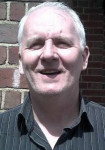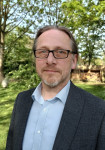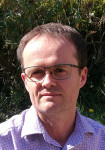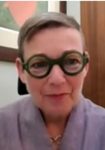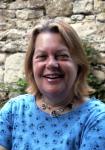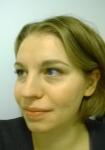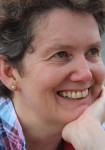It brought to mind an episode from my time as a field probation officer. I had unknowingly met Amadi (not his real name) prior to being allocated as his supervising probation officer, when a raffish looking man had shouted out “Jah man” as I was entering the office.
However, as a witness in the long running Serious Fraud Office investigations, I was obliged to remain silent while court cases were pursued against G4S and Serco employees.
Is change, indeed, even possible? Or are we reduced to eking out small victories and minor concessions, while the penal juggernaut careers on?
As we approach the next General Election, the political debate risks becoming ever more toxic.
The 1823 Gaol Act stipulated that women’s prisons would house women and be entirely staffed by women (and likewise men’s prisons by men).
Fast forward two centuries and the presence of male prison staff in female prisons in the UK is now taken for granted. Yet, there has been no parliamentary discussion of the introduction of men into women’s prisons (males who identify as women excepted) and little to no questioning by penal reform lobbying and campaign groups.
Peacock used was “assembly line in the head” to encapsulate the incessant demands of repetitive working to formulaic instruction, something that reminded of a particular day during my time working as a probation officer, and an aspect of organisational practice that I experienced as alienating and isolating.
In 2015 he visited Germany with a group of fellow Americans which included a governor, another district attorney, several prominent academics, and a convicted murderer from Detroit who spent seven years in solitary confinement. Following his visit he produced a very illuminating TED talk reflecting on history, prisons and human rights.
Also speaking on the same news item was the late Harry Fletcher, also on behalf of Napo, who for many years was the most recognisable face of probation in the media.
The interview was later broadcast and it was a day or so later when I was interviewing Leigh (not his real name) that my sudden ‘media profile’ was flatteringly recognised.
It concerned the decision of Dominic Raab to try to control the conduct of parole proceedings and to prescribe how his officials provide evidence to the Parole Board.
Dominic Raab is Lord Chancellor and Secretary of State for Justice. He is under investigation for several bullying complaints during different ministerial posts. Coverage of this is more prevalent than coverage of his performance in his current role. This is about the latter.
This move was in response to legal action brought by JENGbA, represented by a legal team at Liberty.
From now on, the statement said, such offenders would not be housed in women’s prisons if they had male genitalia or had committed sexual or violent crimes.
Such is David Honeywell’s 2021 study, which has a particular focus on the importance of higher education in the desistance journey. One of his interviewees was quoted as saying, “Am I the person I was always meant to be?”.
This quote put me in mind of a particularly troubling supervisory experience in my early years as a field probation officer.
- Publication of an update of the female offender strategy
- Announcement of a vast new prison building plan for women
- Release of he Prisons Inspectorate’s report on HMP Eastwood, finding conditions there were ‘appalling’
The strategy
The government recently published its Female Offender Strategy Delivery Plan 2022-2025. It states:
